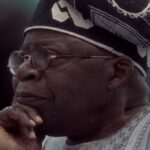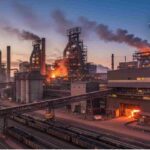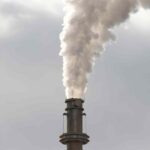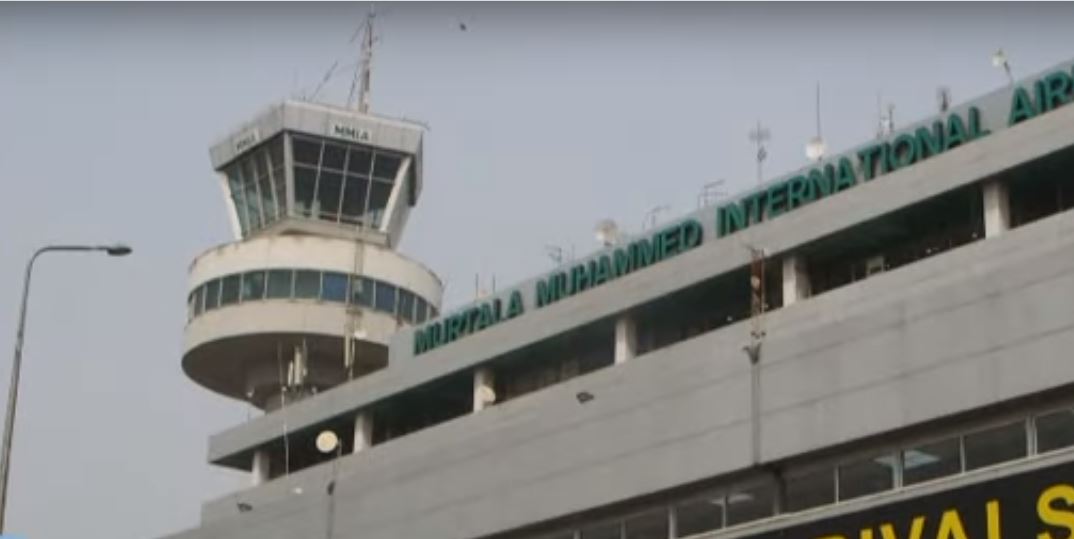In January 2026, Nigeria is set to implement a new 5% tax on petrol and diesel as part of the Harmonized Tax Act signed into law by President Bola Tinubu. This move has sparked significant opposition across various sectors of the country. (and other fossil fuels)
The tax will be a 5% surcharge on fossil fuel products, including petrol and diesel, collected at the point of sale. It is intended to discourage the use of fossil fuels and promote a shift towards cleaner energy alternatives, such as Compressed Natural Gas (CNG).
Revenues generated are earmarked for sustainable projects and broader fiscal reforms. Some estimates suggest it could generate over ₦1 trillion annually.
Exemptions include household kerosene, cooking gas, and renewable energy products.
- New Decision for Maryam Sanda as She Gets 12 Years

- China-Nigeria Sign $400m Deal to Boost Steel Production

- Ramping up Renewables in Nigeria After UN Emission Report

Grounds for Opposition
Critics are citing economic hardship as the initial basis of opposition. They argue the tax will exacerbate the suffering of Nigerians, who are still reeling from the effects of the 2023 fuel subsidy removal.
President Bola Tinubu had implemented a fuel subsidy removal that led to a significant increase in petrol prices from ₦197 to around ₦950 per litre.
Aside from that, a 5% tax is being perceived as insensitive, as Nigeria has its plate full with the current high inflation, exchange rate volatility, and rising cost of living. Households are already dedicating over half their income to fuel.
Increased fuel prices are expected to drive up transportation costs, food prices, and overall inflation, further eroding purchasing power.
Opposition parties like the African Democratic Congress (ADC) and Labour Party claim the government is inflicting more pain on citizens. They have noted that despite claims of meeting revenue targets, the FG continues to borrow.
This is a major pain point for Nigerians who criticise the government for prioritizing revenue over citizen welfare.
Others also argue that the flat 5% tax is unfair in a country with high inequality, where both the rich and poor rely on fossil fuelsOpposition voices and actions
Opposition Rising
Various groups and individuals have voiced strong opposition to the 5% fuel tax.
The African Democratic Congress (ADC) called the tax “cruel and deeply insensitive”. Peter Obi of the Labour Party urged the government to postpone the tax until Nigerians experience relief from current economic reforms.
The civil society organization Joint Action Front (JAF) has rejected the tax and plans to mobilize resistance.
The Petroleum Products Retail Outlets Owners Association of Nigeria (PETROAN) stated that the law’s enforcement would be challenging and could lead to business closures.
The Arewa Youth Assembly cautioned the government against burdening citizens with the energy transition.
ActionAid Nigeria expressed concern that the surcharge would disproportionately affect the poor and increase inequality.
Economic experts like Dr. Muda Yusuf of the CPPE warned of potential inflationary pressures and political backlash if the tax is implemented without safeguards.







